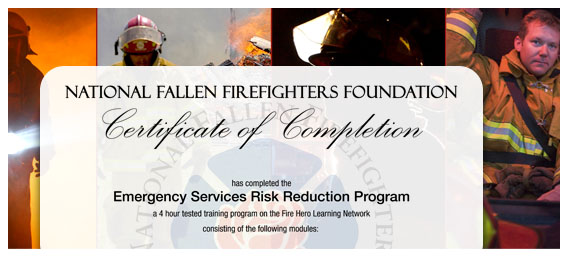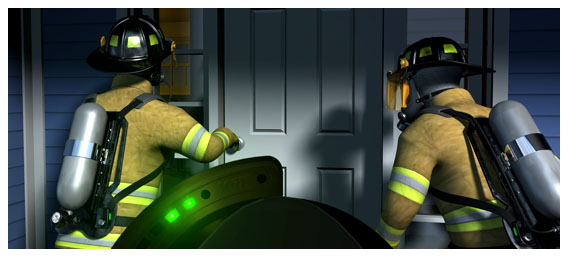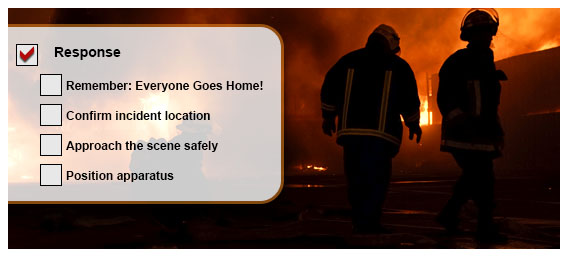Curbside Manner: Stress First Aid for the Street
Credit Hours:
1
Approximate reading time:
1 Hour
Approximate online time:
0.5 Hours
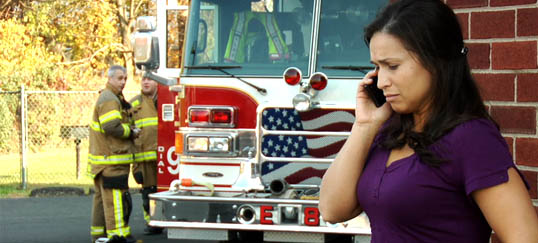
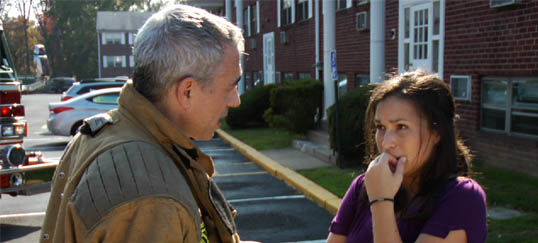
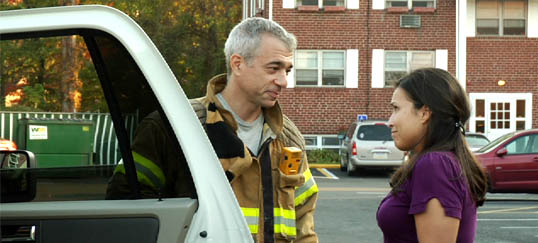
Program Abstract
Just as doctors talk about "bedside manner" when talking to
patients, the "curbside manner" of first responders really makes a difference
in how people experience and process a difficult life event. This first responder training module teaches "curbside manner," a set of proven principles and actions that help first responders assist civilians in crisis by ensuring their safety,
understanding their individual needs, meeting those needs, and promoting the
connectedness and self-efficacy necessary for recovery. Each principle — cover,
calm, connect, competence, and confidence — is first shown in action, then
explained in detailed, practical language in this first responder training module.
The principles taught in Curbside Manner are also the core
principles of the Stress First Aid program
developed for organizational and peer support in the fire service. However,
Curbside Manner differs from Stress First
Aid. You can read about these differences in the Student Manual available in the Resources section of this module.






























